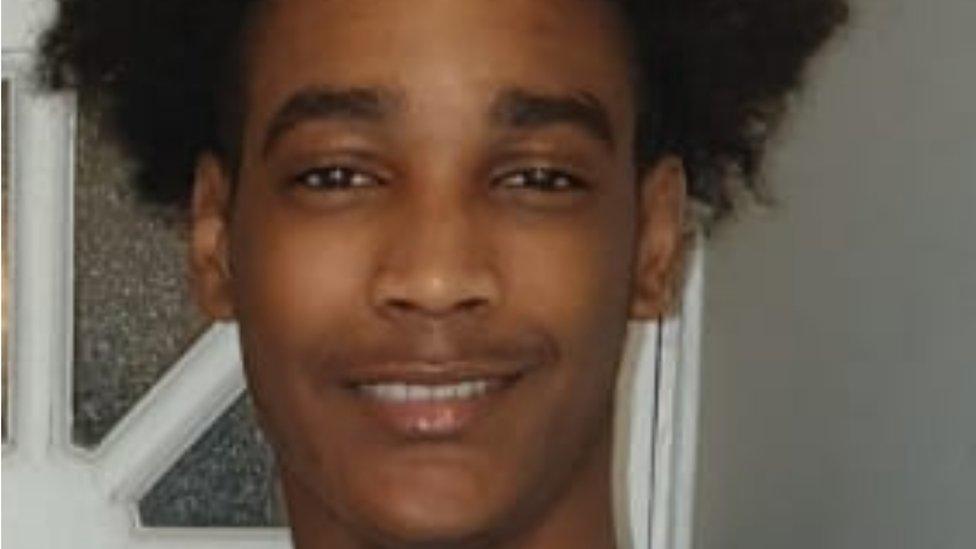North Northamptonshire Truth Commission will seek to find end to poverty
- Published
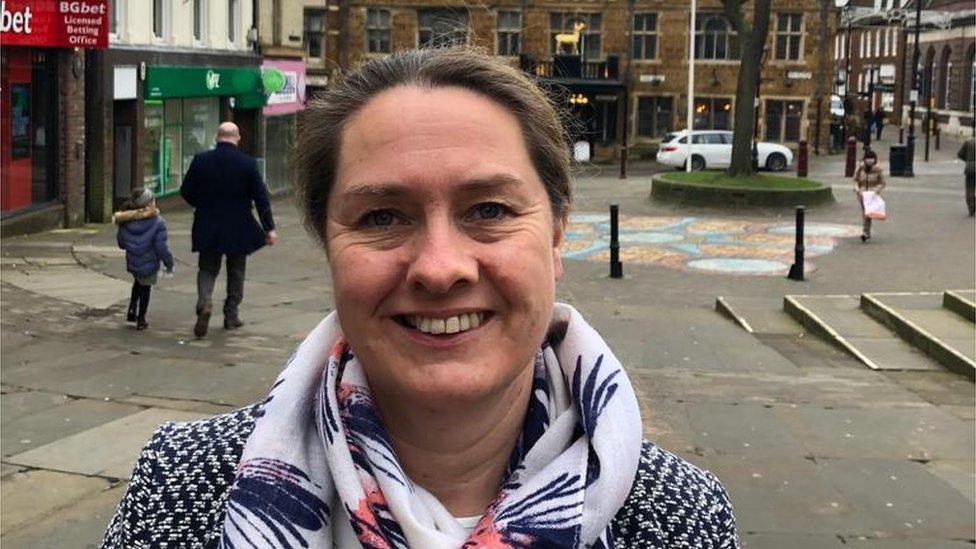
Helen Harrison, pictured in Wellingborough's Market Street, wants to connect with those experiencing poverty on the ground
A project aimed at alleviating poverty will provide a "lived experience that will really open our eyes", according to a senior councillor.
North Northamptonshire Council has signed up to establish a Poverty Truth Commission in the area.
The scheme will bring together civic leaders and people with practical experience of poverty and its causes.
The authority's Helen Harrison said: "We don't want to be entrenching poverty through what we do."
The council will work with the charity Voluntary Impact Northamptonshire (VIN), which pitched the idea in November last year.
In a report submitted at the time, external its chief executive Russell Rolph said Poverty Truth Commissions exist to "shine a light on poverty".
Figures from the 2019/20 Northamptonshire Director of Public Health Annual Report show that in north Northamptonshire there are 37,400 households experiencing some form of income deprivation, with 11,530 households in fuel poverty.
Those numbers are likely to go up given current cost of living increases, with households facing imminent rises in gas and electricity bills.
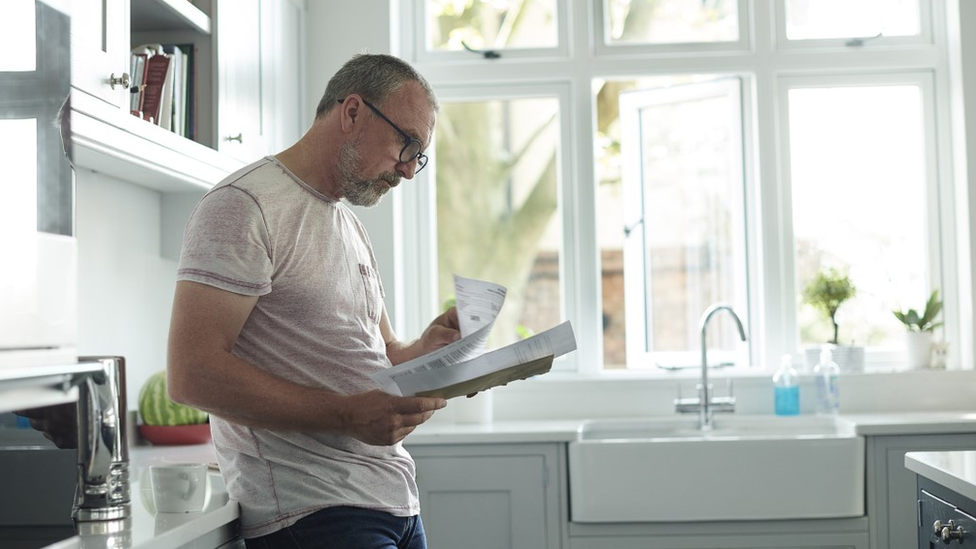
Electricity and gas bills for a typical household will go up by £693 a year in April, a 54% increase
North Northamptonshire towns Corby, Wellingborough and Kettering all fall within the top 20% of the most deprived areas in England.
Three areas within the council boundaries - Kingswood and Hazel Leys in Corby, Queensway in Wellingborough and Avondale Grange in Kettering - have been identified by the government as 'left behind' areas as part of its Levelling Up agenda, external.
A council report into the need for a Poverty Truth Commission, external said the project works by using engaged residents as local commissioners to provide their views on "the struggle against poverty".
It said the commission would work to understand the nature of poverty and any underlying issues.
Ms Harrison, who is the authority's Executive member for adults, health and wellbeing, said: "We have a lot of detail about poverty, but this is the lived experience that will really open our eyes.
"As a council we don't want to be entrenching poverty through what we do."
Conservative Ms Harrison said as one of seven children in a family who "weren't particularly well off", she experienced social exclusion herself as she didn't have access to a television.
"I couldn't talk about what was going on with popular culture," she said.
"Someone might experience poverty very differently now, but unless we hear from them, and hear what puts barriers in their way, we won't know."
She added the project would also empower people to have their say, and be listened to.
Final details on what form the scheme will take are being finalised.
In the VIN report, Mr Rolph said such commissions aim to use the "telling of stories by individuals within our communities who have experienced poverty, and are prepared to talk about their struggles" as a starting point.
He said they were needed more than ever following the pandemic, with the financial and mental health hardships it has created.
"Everyone accepts poverty is not a single, one dimensional issue," he added. "Different and innovative approaches are required to mitigate the often unintentional affects of policy making."

Find BBC News: East of England on Facebook, external, Instagram, external and Twitter, external. If you have a story suggestion email eastofenglandnews@bbc.co.uk, external
- Published2 March 2022
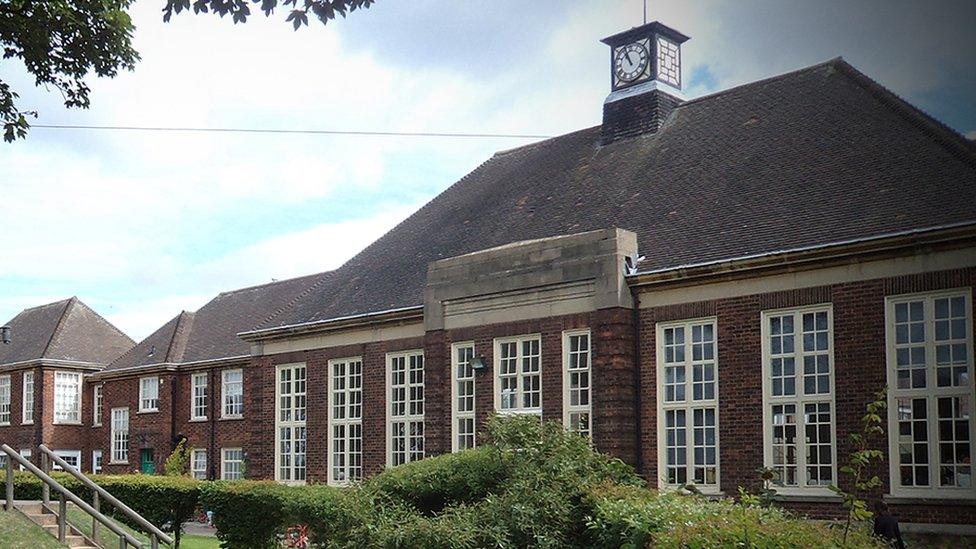
- Published15 February 2022
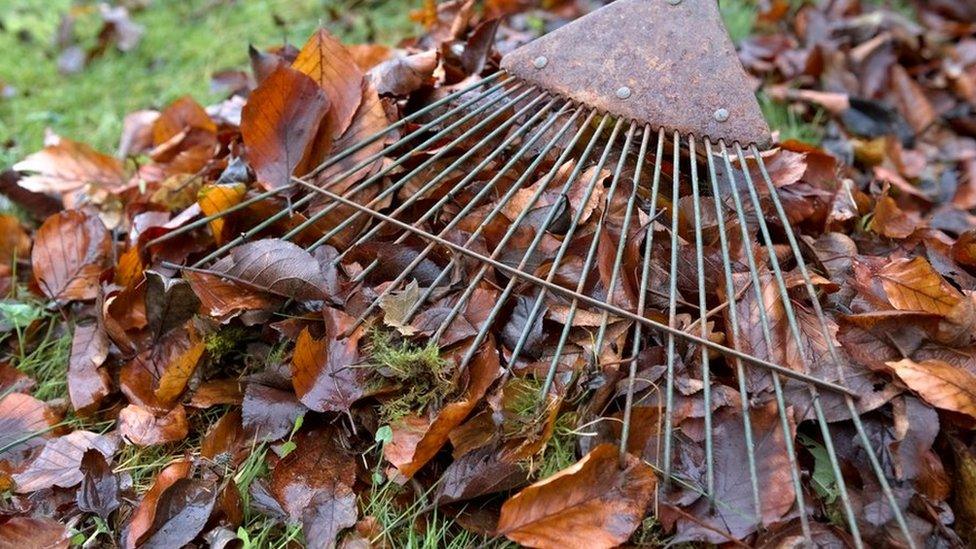
- Published14 January 2022
